The Legend of Zelda: Skyward Sword HD
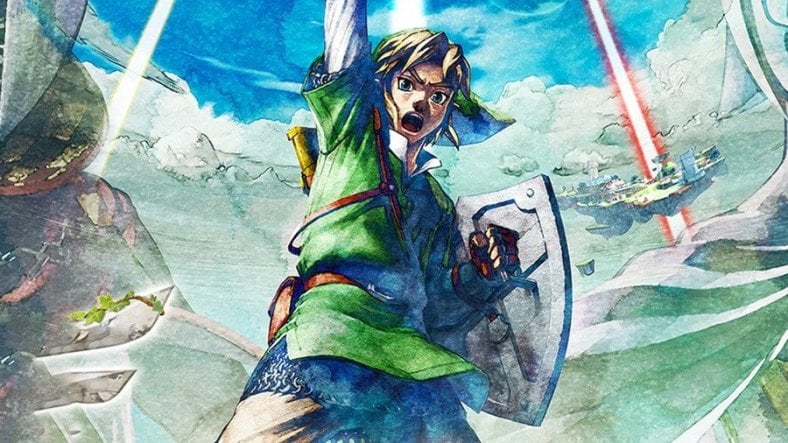
Nearly a decade after its original release on the Wii, The Legend of Zelda: Skyward Sword saw a much-improved remaster on the Nintendo Switch, fixing a myriad of issues that the original game possessed.
Apart from the obvious high-definition upgrade, The Legend of Zelda: Skyward Sword HD features a plethora of significant quality of life upgrades to make for a better, more enjoyable experience. Such examples include the ability to play either with the standard motion controls that utilizing the gyro functionality of the Joy-Cons or new analog controls, using the right analog stick to slice and slash enemies with Link’s sword.
Then, there is the ability to fast-forward through dialogue, skip cutscenes, not be inundated with constant item pickup descriptions or companion Fi’s constant hand-holding that the original Wii game received rightful criticism about.
Skyward Sword HD is a marked improvement over the Wii original, and whether you’re playing it for the first time or experiencing it all over again, there is a tremendous, heartfelt, and legendary game to play through. It was arguably one of the more enjoyable games released back in 2011, and it remains a great game from this past month.
Monster Hunter Stories 2: Wings of Ruin
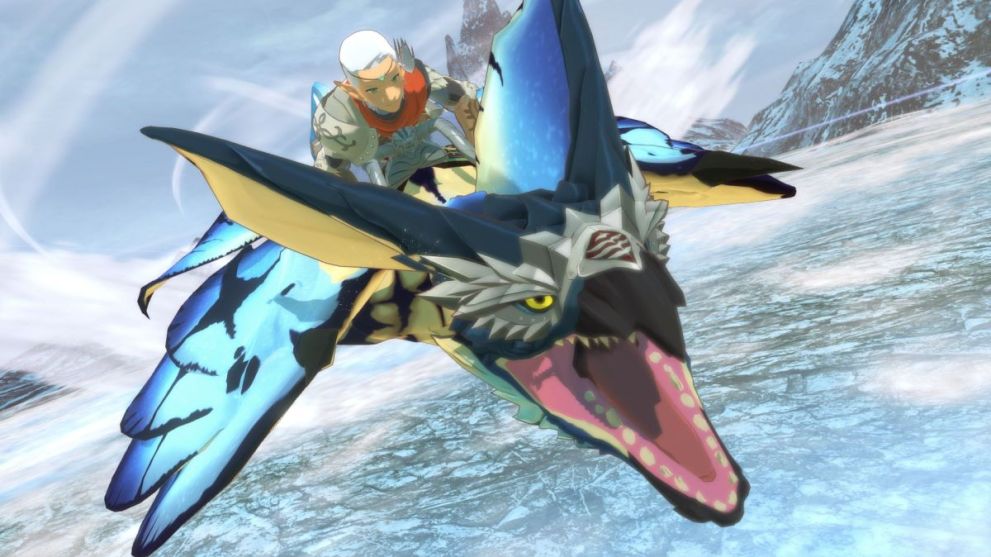
Earlier this year saw the extraordinary thrill of the hunt that was Monster Hunter Rise, which was the first wholly original installment of Capcom’s Monster Hunter series on the Switch. This past month saw Capcom continuing its one-two punch of Monster Hunter magnificence with Monster Hunter Stories 2: Wings of Ruin: a much improved and delightful sequel to the original Nintendo 3DS game.
Monster Hunter Stories 2 takes elements of the Monster Hunter series—battling monsters, crafting, upgrading, and equipping gear, and participating in various quests—and gives the series a more accessible turn-based battling approach. These turn-based battles incorporate ‘Monsties’ that you tame and befriend and features a rock-paper-scissors-like system that fans of the original Monster Hunter Stories will be well accustomed to.
Even those new to the Stories spin-off of the Monster Hunter series will find the game to be an easy enough jumping-in point, as the battles are quick to learn but suitably challenging enough to enjoy as well. The whole “monster-taming, monster-battling” aspect of Stories 2 is akin to that of the Pokémon series.
Whether you are a newcomer to the Monster Hunter series or a veteran of hunts, Monster Hunter Stories 2: Wings of Ruin is an approachable, worthwhile turn-based RPG adventure to experience.
The Great Ace Attorney Chronicles
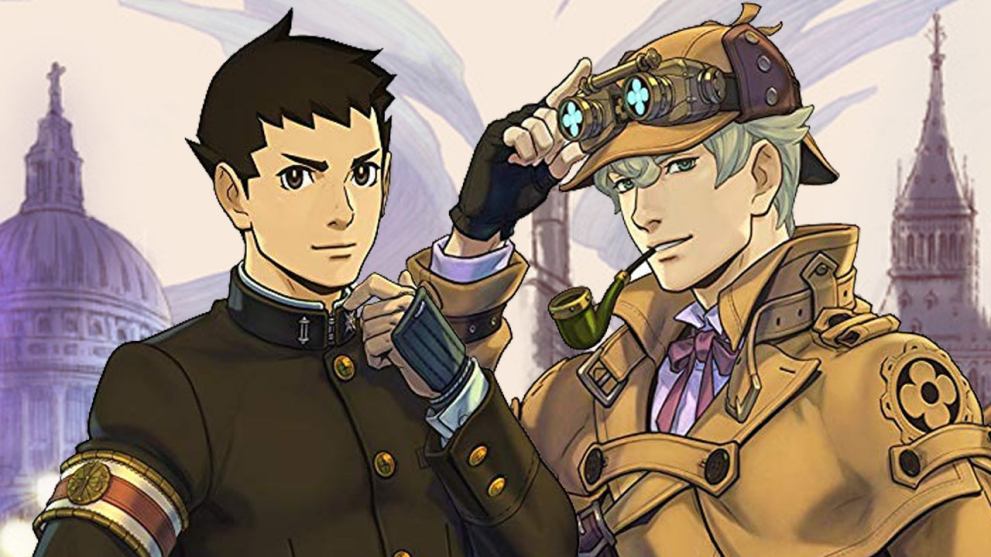
Capcom released a second game in July, releasing a title that fans of the Phoenix Wright series were begging for localization for years. A collection of games previously stuck in Japan, The Great Ace Attorney: Adventures and The Great Ace Attorney 2: Resolve, Capcom released The Great Ace Attorney Chronicles.
This latest entry in the Phoenix Wright visual novel detective series sees players take on the role of Phoenix Wright’s ancestor from the 19th century Ryunosuke Naruhodo, a Japanese university student who travels to Great Britain with a vested interest in studying law.
The game features all of the stuff the series is known for, including crime scene investigating, evidence gathering, interactions with various colorful characters, and going to courtroom trials to protect each defendant they are tasked with proving innocent.
However, and fortunately for The Great Ace Attorney Chronicles, the game does not just walk down familiar well-trodden territory. The game also introduces a new mechanic with the Dance of Deduction, featuring a character that’s an obvious allusion to Sir Arthur Conan Doyle’s Sherlock Holmes. The pair of Ryunosuke and Herlock Sholmes team up to help one another deduce when a given character is lying, and without spoiling much, these instances are developed in a truly clever way.
After many years without a localization, the wait for The Great Ace Attorney Chronicles was a lengthy one. Thankfully, with the quality of the game, the abundance of well-written characters, and the same engaging detective-style gameplay fans have grown to love, the wait was most definitely worth it.
Pokémon Unite
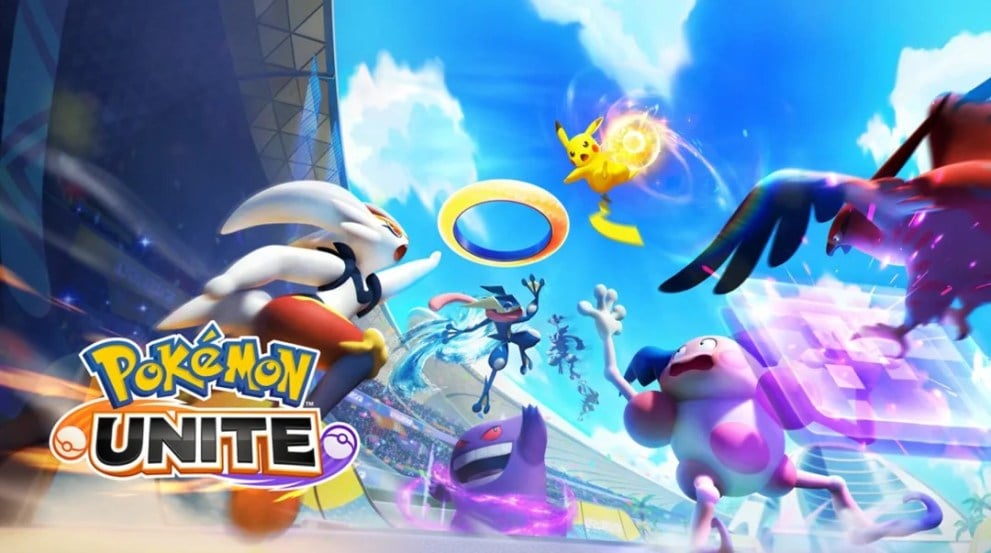
A Pokémon MOBA game? It wasn’t so much of a question of whether the idea would work; it was more a question of what took so long? Pokémon Unite sees two teams duke it out in arena-based battles with the objective of scoring the most points by defeating other Pokémon and slamming their gotten gains into their opponents’ goals.
This free-to-play MOBA is a great, friendly introduction to the genre for newcomers, and a fantastic game in general, offering a wide assortment of strategies, such as which lane to take or when to rush your opponent and when to fall back, accessible gameplay, and plenty of Pokémon to play as and master. It will only get better as time goes on with balance updates, new Pokémon and arenas added, and much more.
Whether you play every day to complete the game’s various daily goals and challenges, or sporadically dip your toes into the game’s waters, Pokémon Unite offers delivers an accessible MOBA experience for all ages.
Death’s Door
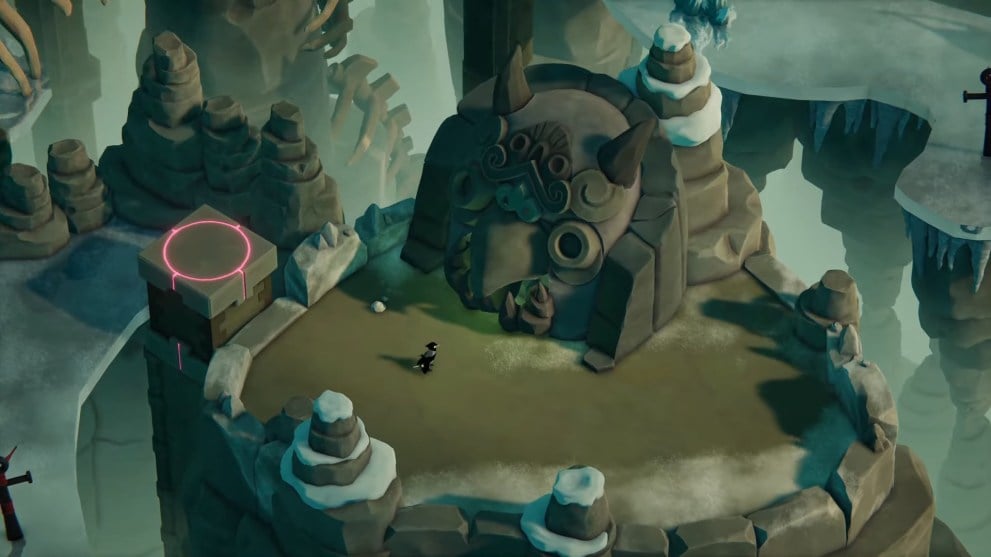
In 2015, Acid Nerve released Titan Souls. Now, six years later comes its next game, an isometric indie darling—the same kind of indie darling in the vein of titles like Hollow Knight and Hades. That is obviously some great company to keep.
Death’s Door sees players taking on the role of a crow who is tasked with reaping souls for the ‘Reaping Commission’. After having the soul that they were assigned to reap stolen, our crow protagonist goes on a whirlwind adventure through a Metroidvania-style world to find the thief. Of course, the plot goes quite a bit deeper than that initial premise.
Along the way, your crow will gain new attacks and magical spells, journey through mystical lands teeming with secrets and places to explore and slash and strike enemies and a myriad of behemoth-sized bosses. This is all while solving environmental puzzles like lighting torches and bombing walls throughout the world’s numerous clearly defined and well-designed locales.
Those seeking a wonderful adventure that is reminiscent of Metroidvanias and Zelda-style games—or just wanting to play one of the better indie games of the year—would do well to knock on Death’s Door.
The Forgotten City
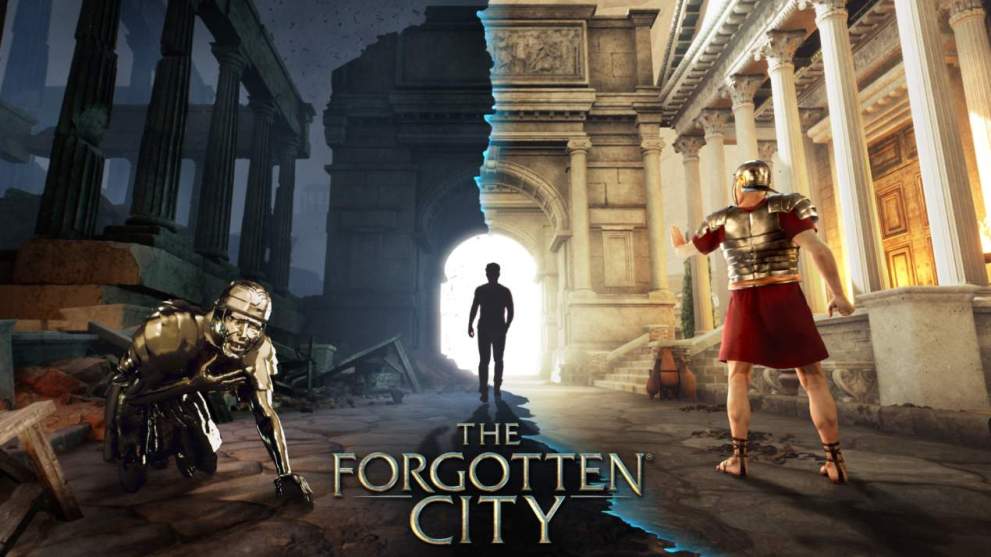
Originally built as a mod for Elder Scroll’s Skyrim, Modern Storyteller’s The Forgotten City forgoes the action-adventure, role-playing elements of its Bethesda-built foundation, choosing to focus on a title-driven by its narrative. While that may sound risky, especially considering how fervent Elder Scrolls fans can be, it turned out to be a great choice.
The Forgotten City takes players through a time-looping story that aims to clear up your character’s curious circumstances of why they woke up near a mysterious city, where those who violate ‘The Golden Rule’ get turned into a gold statue. In order to solve this rule, players have to make their way through a myriad of situations, paying attention to clues hidden amidst dialogue and using the blessing of hindsight to try and escape this crazy world.
This narrative adventure features a plethora of evolving dialogue branches and options, and ways to proceed through the game. The time-loop mechanic gives players the opportunity to bestow more and more knowledge upon themselves as they loop backward in time, giving them the knowledge to further progress through the game’s immensely intriguing tale.
